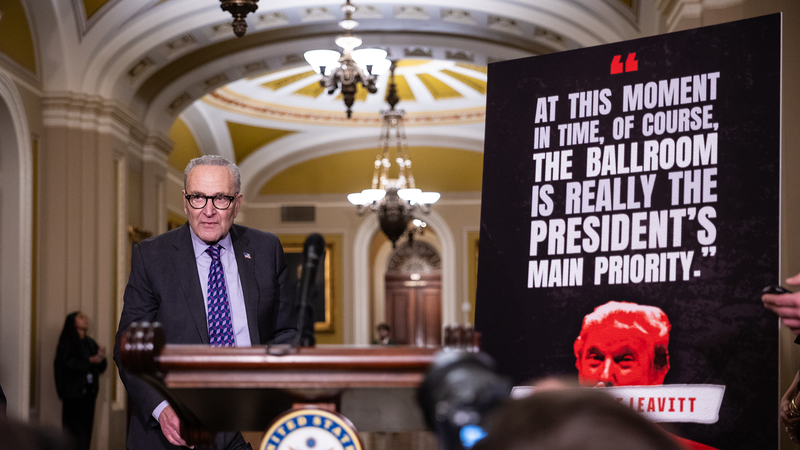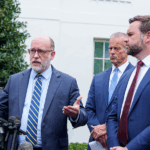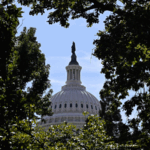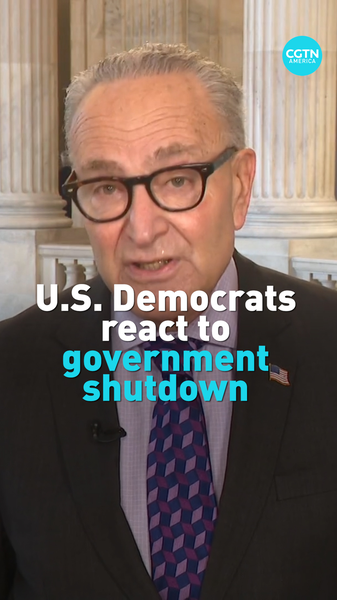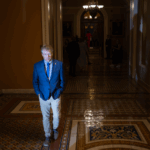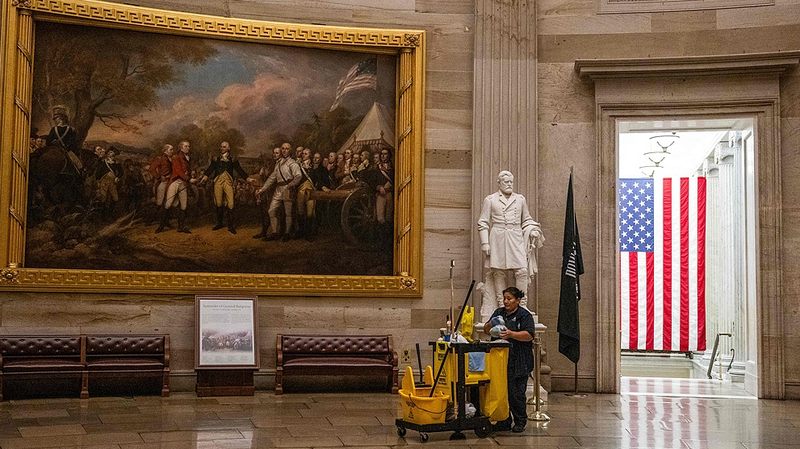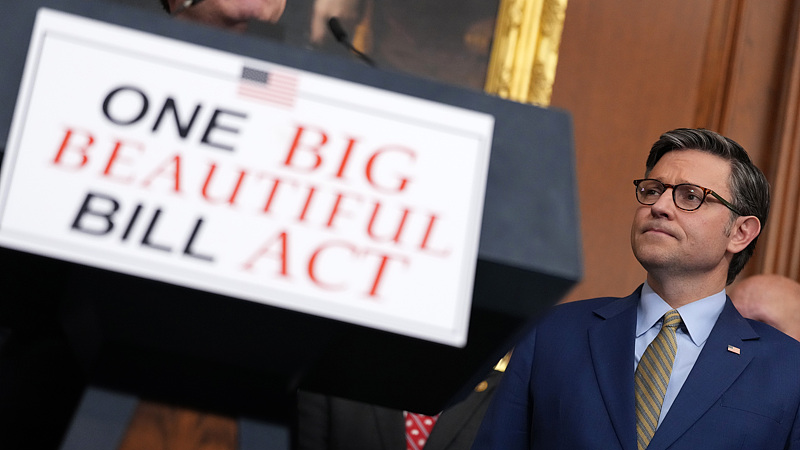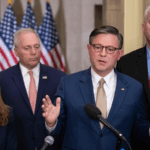The U.S. federal government shutdown has entered its 28th day, marking the longest funding gap in decades as partisan gridlock persists. On Tuesday, the Senate rejected a Republican-proposed stopgap funding bill for the 13th time, with a final vote of 54 to 45—falling short of the 60 votes required for passage.
The bill, which passed the House of Representatives earlier, aimed to temporarily reopen federal agencies. However, Senate Democratic leader Chuck Schumer warned that the impasse could extend into November, heightening risks for millions of Americans. Key concerns include expiring Affordable Care Act tax credits, which may trigger rising health insurance costs, and the imminent suspension of federal food assistance programs.
Over 800,000 federal workers remain furloughed or working without pay, compounding economic anxieties. Analysts note the shutdown’s ripple effects could delay tax refunds, disrupt transportation services, and weaken consumer confidence—a development global markets are monitoring closely amid broader trade uncertainties.
Reference(s):
cgtn.com
